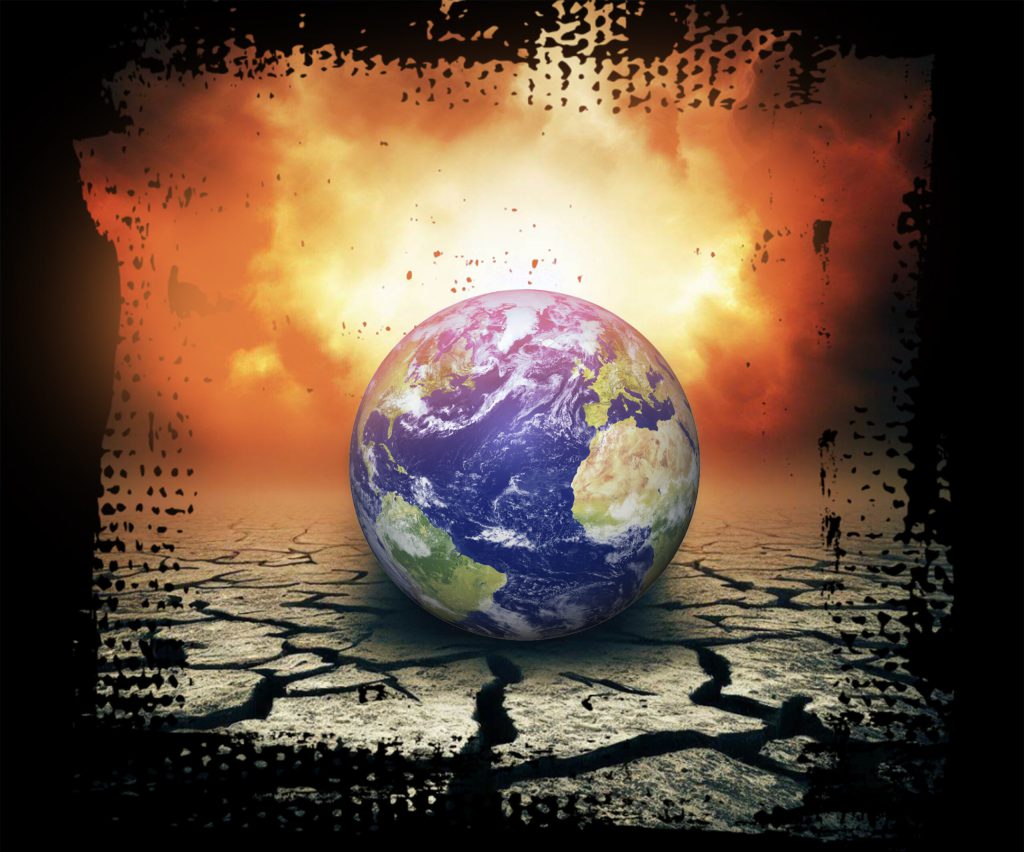
Climate Crisis: A Global Emergency
The year 2023 has been marked by extreme weather events and record-breaking temperatures. According to the World Meteorological Organization, July 2023 was the hottest month ever recorded in human history, with an average global temperature of 1.5°C above pre-industrial levels. This is a clear sign that the climate crisis is not a distant threat, but a present reality that affects millions of people and ecosystems around the world.
What is causing the climate crisis?
The main cause of the climate crisis is the increase in greenhouse gas emissions, especially carbon dioxide (CO2), from human activities such as burning fossil fuels, deforestation, agriculture and industry. These gases trap heat in the atmosphere and cause the Earth to warm up. The Intergovernmental Panel on Climate Change (IPCC) has warned that if global emissions are not reduced by at least 45% by 2030 and reach net zero by 2050, the world will face irreversible and catastrophic consequences, such as more frequent and intense heat waves, droughts, floods, storms, wildfires, sea level rise, biodiversity loss and food insecurity.
What can we do to tackle the climate crisis?
The climate crisis is a global challenge that requires collective action and cooperation from all sectors of society. Governments, businesses, civil society and individuals all have a role to play in reducing emissions and adapting to the impacts of climate change. Some of the actions that can be taken are:
– Switching to renewable energy sources such as solar, wind and hydro power, which are cleaner and cheaper than fossil fuels.
– Improving energy efficiency and conservation in buildings, transport and appliances, which can save money and reduce emissions.
– Adopting a low-carbon lifestyle by eating less meat and dairy products, buying local and organic food, avoiding food waste, using public transport or cycling instead of driving, and choosing eco-friendly products and services.
– Supporting climate action policies and initiatives at the local, national and international levels, such as carbon pricing, emission reduction targets, green recovery plans and climate finance.
– Raising awareness and educating others about the causes and effects of the climate crisis and the solutions available.
How does recycling help in tackling the climate crisis?
Recycling is one of the ways to reduce waste and conserve natural resources. By recycling materials such as paper, plastic, metal and glass, we can prevent them from ending up in landfills or incinerators, where they emit harmful gases and pollutants. Recycling also saves energy and water that would otherwise be used to extract and process new materials. Recycling can also create jobs and economic opportunities for communities. According to a report by the Ellen MacArthur Foundation, a circular economy based on recycling and reuse could reduce global CO2 emissions by 39% by 2050.
Conclusion
The climate crisis is the most urgent and existential threat facing humanity today. It is not too late to act, but we need to act now. We have the knowledge, technology and resources to solve this problem. We just need the will and courage to do it. By working together, we can create a more sustainable, resilient and equitable world for ourselves and future generations.
If you liked this article, you might also find this interesting The Environmental Toll of Fast Fashion: Water, Waste, and Greenhouse Gases

